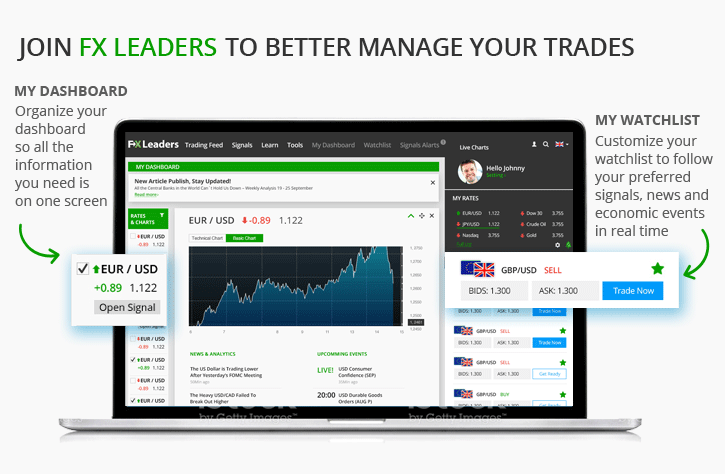PPI (MoM) (US)


Event Date: Wednesday, October 11, 2023
Event Time: 12:30 CET
Producer Inflation to Slow down to 0.3%
Updated Sunday, October 8, 2023
EVENT ENDED
Last year, prices increased in the first half after a pretty soft year in 2017, but in August they declined by 0.1% against 0.2% expected. In September, the producer price index (PPI) came back to normal, increasing by 0.2%. In October, PPI suddenly jumped by 0.6%. In November though, the pace of increase fell to just 0.1%, so back to normal. But they turned negative again in December, posting a 0.2% decline that month and a 0.1% decline in January. Although, core PPI increased by 0.3% that month. So, it seems that the falling Oil prices towards the end of last year had a negative impact on PPI inflation. In February the PPI returned to positive territory increasing by 0.1% as Oil prices started increasing in January. In March we saw a 0.6% jump. Although, the PPI inflation cooled off again and in May and June it came at just 0.1%. Although it ticked higher in July to 0.2%, core PPI turned negative, declining by 0.1%. In August, core inflation increased by 0.1% while core CPI jumped 0.3% higher. The last several months of 2019 were volatile and in November core PPI declined by 0.2% while the headline PPI remained flat. PPI junped by 0.7% i August but is expected to come down to 0.3% in September. Follow us for live coverage of the economic calendar by experienced analysts.
<% indicator.indicator_name %>
<% indicator.indicator_value %>
 <% ssp.ssp_posted_at |date:"HH:mm" %>
<% ssp.ssp_posted_at |date:"HH:mm" %>
RELATED PAIRS
About PPI (MoM) (US)
Released by the Bureau of Labor Statistics, the Producer Price Index (PPI) measures the change in the prices of commodities for U.S. producers. A secondary economic metric, PPI is designed to act as a production-level indicator facing inflation. PPI is also very useful in identifying trends and volatility in commodity pricing.PPI (MoM) is made available on a monthly basis. A high reading is commonly interpreted as bullish for the USD, while lower than expected numbers are viewed as bearish. In a similar fashion as CPI, PPI reports are used by the U.S. FED to craft monetary policy decisions.
Comments
Subscribe
Login
0 Comments
Oldest
OLD EVENTS

